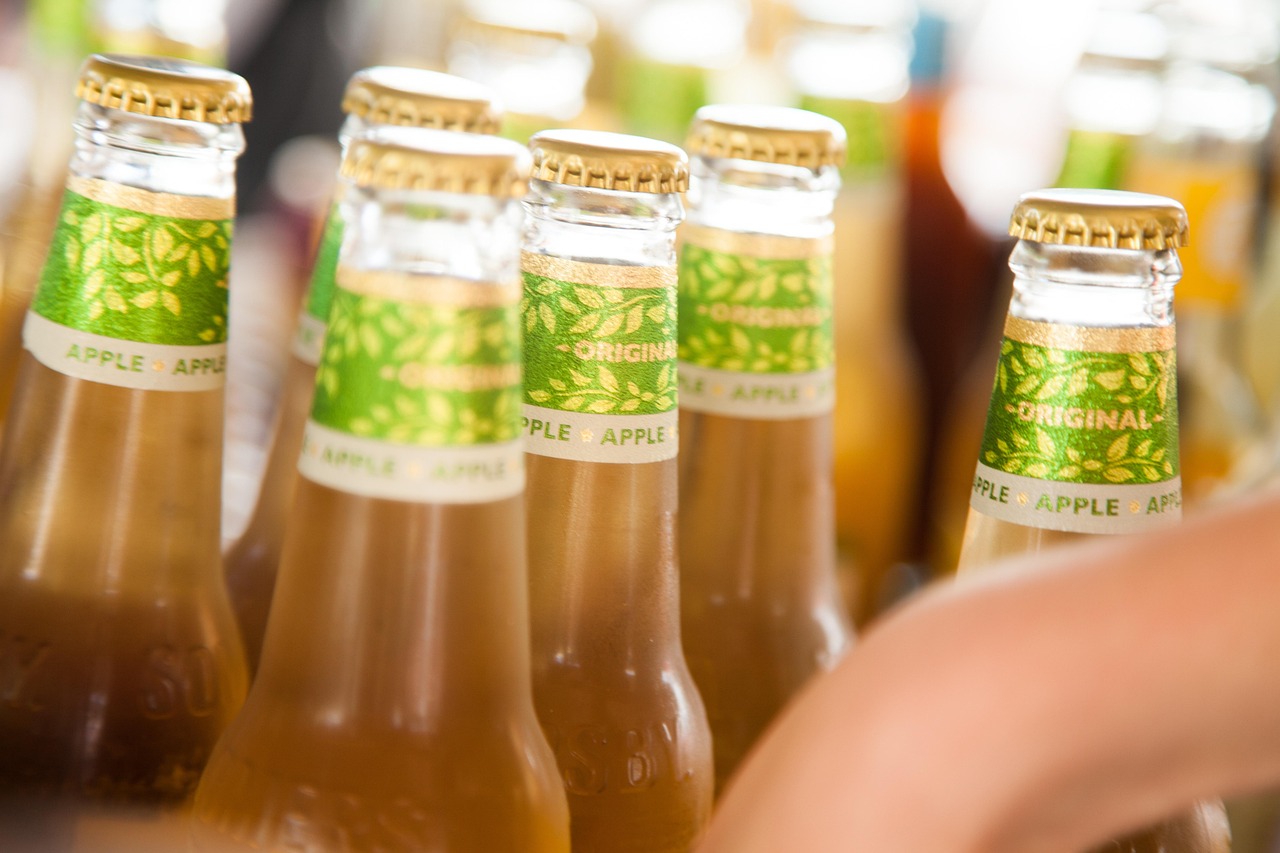
Helen Griffin, senior associate in our commercial dispute resolution and avoidance team, looks at the recent Court of Appeal ruling in the Thatchers v Aldi case.
In recent years, Aldi has become known for its copy-cat or “dupes” of products that closely resemble those of more costly brands – think caterpillar cakes and light-up gin. Aldi seemed to largely manage to get away with its branding, often basking in the publicity.
However, Aldi must now be more careful. This January’s Court of Appeal decision has given new insight on how section 10 (3) of the Trade Marks Act 1994 will be applied in such cases.
The case
Being married to a Somerset native, there are just some products or brands that are not to be messed with – one of these being the Sandford-based institution, Thatchers Cider. When Aldi launched its own “Taurus Cloudy Lemon Cider” product, looking very similar to Thatchers’ own “Thatchers Cloudy Lemon Cider”, the family-run cider maker took legal action back in 2022.
Initially, the decision of the Intellectual Property Enterprise Court (IPEC) went against Thatchers, but the Judges of the Court of Appeal must also have been fans of Thatchers’ Katy Rose or its Blood Orange cider (my personal favourite). The Court of Appeal decided to overturn the previous decision of the IPEC to determine that Aldi had indeed infringed Thatchers’ mark.
This time, the Court determined that the packaging of Aldi’s product had taken unfair advantage of the distinctive character and repute of Thatchers’ trade mark. Aldi’s downfall was it had departed from its house style for its Taurus ciders and had imitated the faint horizontal lines in Thatchers’ trade mark.
There was also evidence put before the Court that Aldi’s design process had used the Thatchers Cloudy Lemon Cider product as a benchmark.
Decision
The Court of Appeal concluded that Aldi had intended its sign to remind consumers of the Thatchers’ trade mark in order to convey the message that both products were similar, but with the Aldi version being cheaper and not including real lemon juice.
It was held that Aldi intended to take advantage of the reputation of Thatchers’ mark to help it to sell its product. Even if it was not Aldi’s aim to deceive consumers, it was clear that it was able to achieve unusually high sales of its cider product in a narrow timescale without spending anything on promoting it.
Although Aldi has stated an intention to appeal the Court of Appeal’s decision, for the moment, the Judgment gives brands more confidence about enforcing their intellectual property rights against copy-cat products. It is also a lesson about taking care in using competitors’ established branding as part of your product’s design process.
Considerations
In practical terms, it is helpful to consider the following:
- Seek specialist advice on registering trade marks and consider their similarity to other marks or brands currently in the market and whether any objections are likely to be made.
- Consider any communications received from the Intellectual Property Office concerning applications for identical or similar trade marks very carefully.
- Keep a close eye on your current and emerging competitors in the market, particularly those with similar, copy-cat products or where there may be risk of confusion.
- Do your market research but take care not to be lazy and simply copy competitors’ branding when developing your new products.
If you would like to speak with one of our lawyers, please get in touch with our commercial dispute resolution and avoidance team who can assist in advising on a wide range of contention intellectual property issues on 01772 258321.

